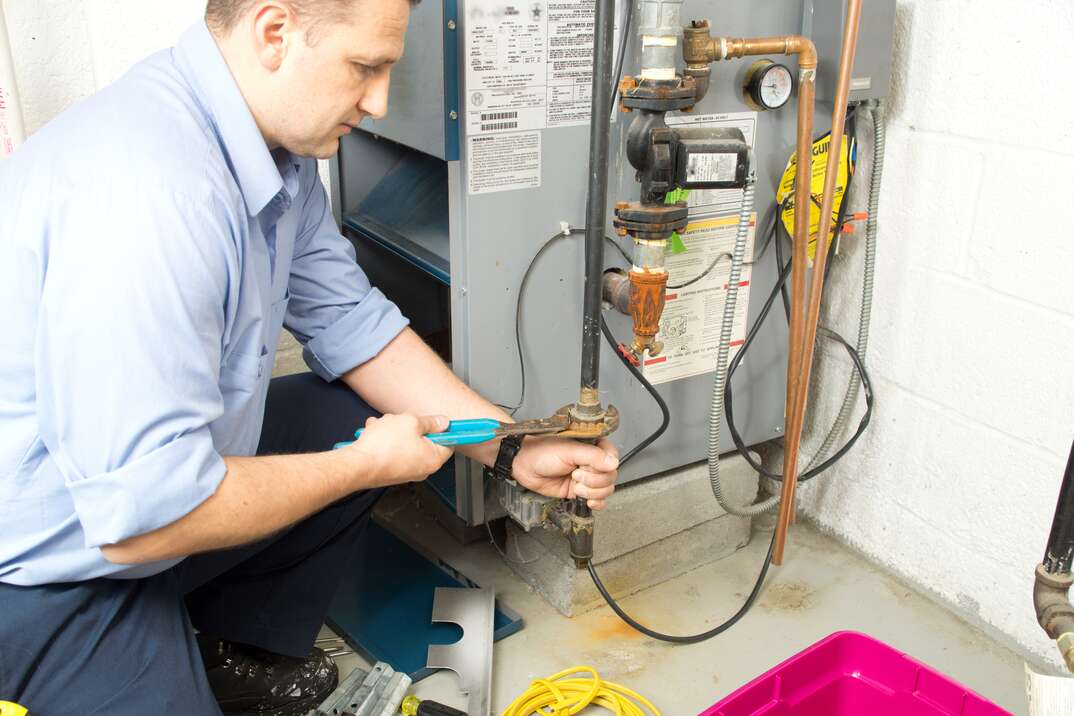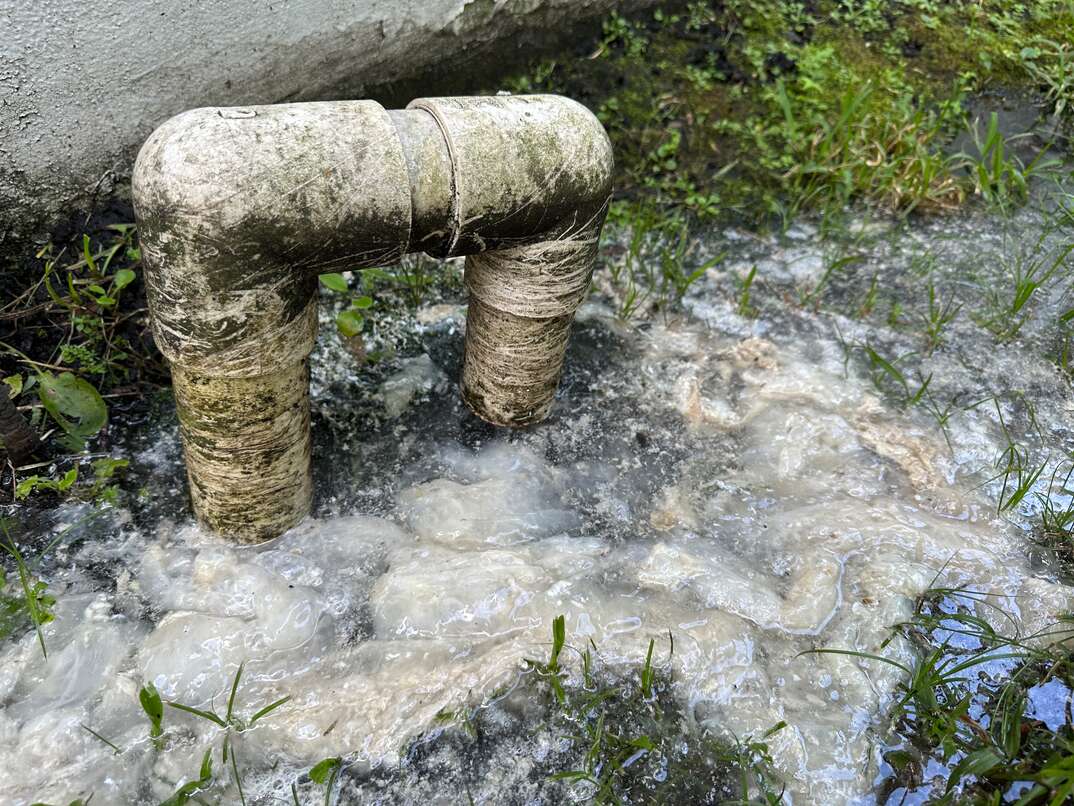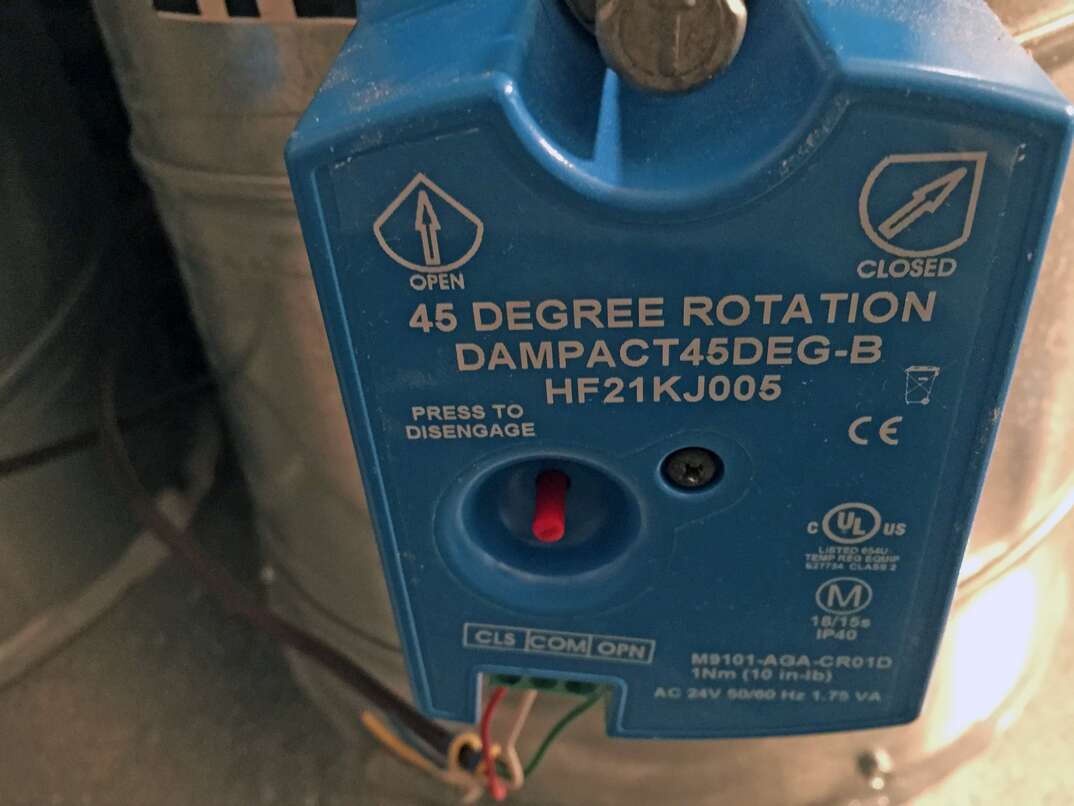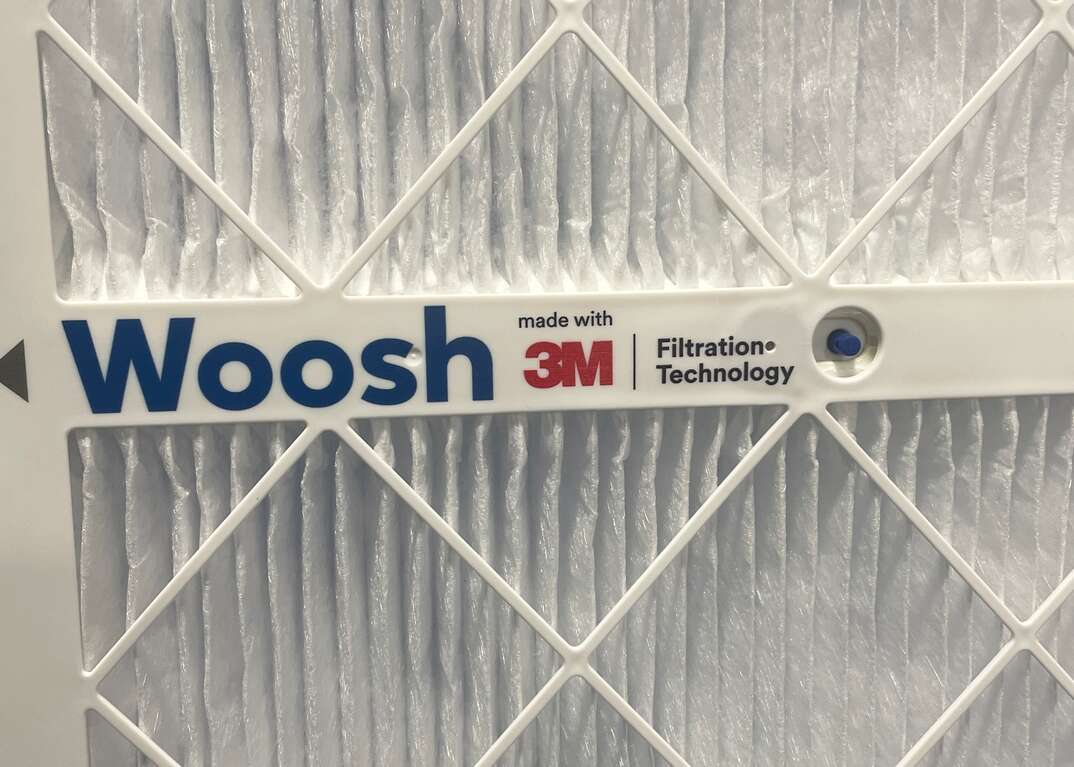Here's Why You Need to Get a Furnace Tune-up

You rely on your HVAC system to keep you cool in the summer and warm in the winter. But the system is very intricate, and a lot can go wrong.
This May Also Interest You: Is an HVAC Tune-up Worth the Price? (Yes, Yes It Is)
You can do simple maintenance yourself — such as changing the filter — to keep your system in good working order. But a regular furnace tune-up from a professional is also important for preventing major problems with your system.
Why Do You Need a Furnace Tune-Up?
Many people wait until something goes wrong before calling an HVAC technician. A furnace tune-up might seem like an unnecessary expense when your system is running well, but it's often worth the cost to prevent problems.
All the mechanical components inside the furnace have a lot of potential to break. If one component breaks, it could damage other parts. You often don't notice that something is wrong until there's already serious damage, which means the repair costs will be high.
However, an HVAC technician can often spot potential issues early during a tune-up. This can save you a lot of money because you can repair a minor issue before it damages other more expensive components. Tune-ups can also keep your system running efficiently, which cuts down on your utility bills. So, even though they cost money upfront, tune-ups often save you money overall.
Here are some additional benefits of having your system serviced regularly:
- Better heating, which keeps your home comfortable and consistently warm
- Longer furnace life, so you can hold off longer on a replacement
- Upkeep of your system warranty, which might require you to have a yearly tune-up from a professional
- Less risk of an unexpected breakdown during the winter, which could leave you in the cold and cause pipes to freeze
What's Included in a Furnace Tune-Up?
Your HVAC professional will check all of the furnace parts inside and outside the unit to make sure everything is working correctly. If you have a central air system, they can also check those components.
The specific checks might vary slightly, but the tune-up will often include the following tasks:
- Lubrication of all moving parts
- Checking all belts to ensure they have the right tension and aren't damaged or worn
- Checking and tightening electrical wiring connections
- Inspecting all components and ensuring they work properly
- Testing ignition components
- Inspecting and clearing drain lines if needed
- Checking the thermostat
- Inspecting and changing the air filter if needed
- Cleaning various components
- Testing airflow and duct connections
- Offering advice on repairs, maintenance and replacement
More Related Articles:
- How Often Should You Change Your Furnace Filter?
- Gimme a Tax Break: 5 Things to Know to Get the Latest HVAC Tax Credits and Rebates
- How to Relight Your Furnace Pilot Light in 5 Simple Steps
- Getting Warmer... Narrow Down Why Your Heater Isn’t Working With These Troubleshooting Tips
- Need a New Furnace? Here’s What You Should Know
When’s the Best Time to Do a Furnace Tune-Up?
The best time to schedule a furnace tune-up is before you actually need the heat, usually in early fall. This prevents any surprises when it gets chilly. The tune-up ensures everything is running correctly, so your furnace can heat properly when you need it. It also gives you the chance to fix any issues because some repairs can take time. You usually only need one tune-up per year.
However, if you haven't had a furnace tune-up in years, scheduling one right away is a good idea. If you install a new furnace, some HVAC companies may offer a maintenance plan. You'll likely start on a schedule of one or two tune-ups per year with the plan. You can also buy a maintenance plan for an older furnace if you want to start on a regular schedule.
How Much Does a Furnace Tune-Up Cost?
According to Pick HVAC, the average cost of a furnace tune-up is $140, but the price can range from $115 to $200, depending on the area and the provider. Signing up for a maintenance plan from an HVAC company is often cheaper than purchasing individual tune-up sessions. Contact several HVAC companies in your area to check pricing and compare maintenance plans.


